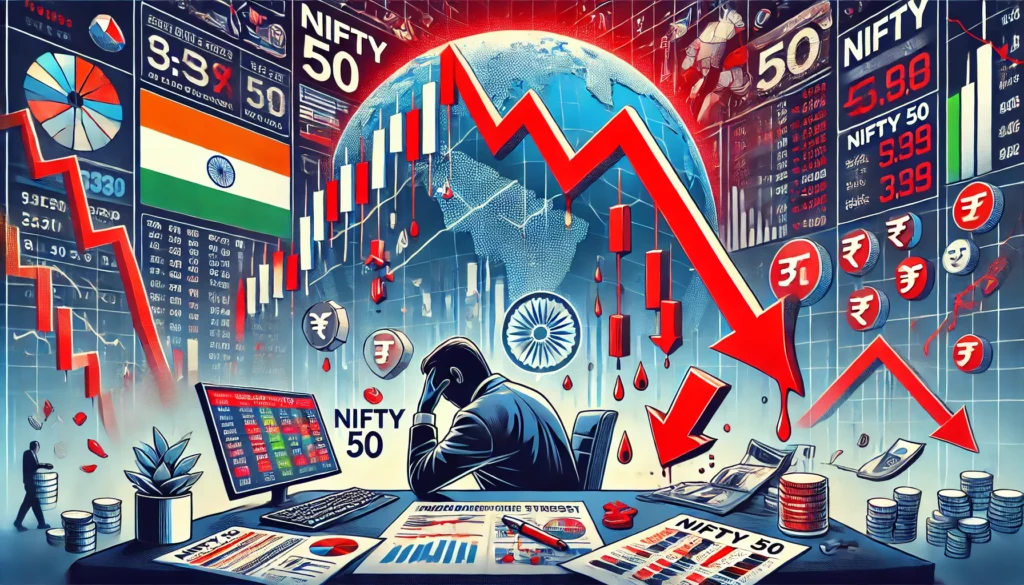The Galleon Group and the Raj Rajaratnam Scandal and Its Impact on America’s Financial Sector
Granting permission for corporations and financial institutions to operate without regulations always leads to scandalous behavior. Such was the case with Raj Rajaratnam, the founder of Galleon Group, who even by conventional benchmarks was a very wealthy hedge fund manager. It was in the closing stages of the 2000s when this case came to light and attracted widespread media attention for being one of the largest insider trading cases that resulted in the unprecedented conviction and prosecution of a suspect. This circumstance shifted the paradigm of law enforcement against federal crimes in America permanently.
Born in Sri Lanka Raj Rajaratnam achieved exceptional success in his professional endeavors after migrating to America. After completing an MBA from Tuck School of Dartmouth College He worked initially as a financial analyst; however, later on, he rolled out his hedge fund, Galleon Group, in 1997. Within a short span, Galleon Group was able to position itself among the most successful hedge funds of Wall Street, and during its peak, it managed assets valued at over $7 billion.
Known for illusive strategies and notorious connections, Rajaratnam’s Galleon managed technology and healthcare stocks, from which potent information could be harnessed before the public had access to it. Though Galleon appeared to be an investment marvel at first, it was revealed later on that their success stemmed from rampant and illegal insider trading. Similarly perverse, undercover operations and artificial manipulation marked the trading scheme for the Galleon Group. Corporate bigwigs, traders, investment bankers, and even journalists acted as Rajaratnam’s aides, holding non-public material data that could be leaked for Rajaratnam to cash in on through manipulative trade moves at the cost of hundreds of millions in profit. Though steps like opening a network of high-level executives from Google, Intel, and Goldman Sachs and passive protocols enabled fraud through expert leaking and intel gathering, the unprecedented use of wiretapping over the phone used in this scheme set an example for organized crime investigations. Insider manipulation that newly aided in market losses and enormous profits handed Galleon a brand new stock market reputation, so they came and invested in the stocks prior to enormous and roll-on company announcements.
The Investigation and Arrest
The SEC and FBI began investigating Galleon Group in 2007 due to strange trading activity, and a former executive’s tip-off led to court-approved wiretaps being implemented. These wiretaps confirmed the trading activity surrounding Galleon was suspicious and later aided in the informant’s testimony for the prosecution.
In 2009, prosecutors accused Raj Rajaratnam of illegally profiting $72 million from insider trading. After the September 2009 wiretaps were reviewed, charges of conspiracy and securities fraud were added on top as mandated by New York law. He was taken into custody at his house in Manhattan on October 16, 2009.
The Trial and Conviction
In March 2011, Rajaratnam went to trial with the claim of profiting during an economic downturn. His trial was deemed the most notable of his time alongside other well-publicized white-collar crime instances. During the prosecution, numerous recordings, like emails and captured wire conversations, were shown as evidence, which were in their favor. Their testimony, paired with the wire evidence garnered, sealed the case as he was found guilty on 14 counts of conspiracy and securities fraud on May 11, 2011.
The Outcome and Sentencing
Like many others charged with similar crimes, upon conviction Rajaratnam was sentenced to prison, and for his insider trading, Rajaratnam was given one of the harsher sentences for manipulation of security trading.
- 11 years in prison—the longest-ever sentence for insider trading at the time.
- $92.8 million in fines—the highest SEC penalty ever imposed on an individual.
- Forfeiture of illegal profits—He was ordered to pay back his illicit earnings.
Along with Galleon’s other associates, his employees, and even a former board member of Goldman Sachs, Rajat Gupta, who was subsequently found guilty of passing proprietary information to Rajaratnam, were also convicted after him.
Impact on Wall Street and Regulatory Changes
The Rajaratnam case set a new precedent in financial crime investigations. Some key takeaways include:
- Increased Use of Wiretaps: The success of wiretap evidence in this case led to its use in future insider trading investigations.
- Stronger SEC Oversight: The case prompted regulators to crack down on hedge fund activities and enhance market surveillance tools.
- Heightened Corporate Compliance: Companies introduced stricter policies to prevent insider leaks and unauthorized sharing of information.
Some of the lessons learned from the shocking Rajaratnam case include
- Broader Use of Telephone Taps: Evidence captured via wiretap in this case was so successful that it has been used for future investigations into insider trading.
- Tighter SEC Regulation: The Rajaratnam case prompted the collapse of the hedge fund bubble, resulting in tighter regulation and enhanced surveillance technology.
- Increased Corporate Compliance: Stricter internal policies meant to control the unauthorized dissemination of sensitive information were adopted by many firms.
Reflections on the Galleon Scandal
The shocking Raj Rajaratnam insider trading scandal reminds me that
- Taking illegal financial gains always comes with great consequences: Rajaratnam ended up losing his fortune, dignity, and, even worse, his freedom.
- The law applies to everyone—it equally imposes consequences on even the wealthiest billionaires.
- Shrewd financial criminals do have to worry about competent regulators. Spy cameras and informers are extremely effective tools used to catch financial criminals.
- Transparency and integrity are essential in any open market, proving the importance of ethical investment.
Conclusion
The fall of Raj Rajaratnam and Galleon Group remains one of the biggest insider trading scandals in history. It reshaped the way financial crimes are prosecuted and reinforced the importance of maintaining integrity in financial markets. Though insider trading still exists, this landmark case serves as a powerful warning to those who seek to profit from illegal, unethical practices in the stock market.



